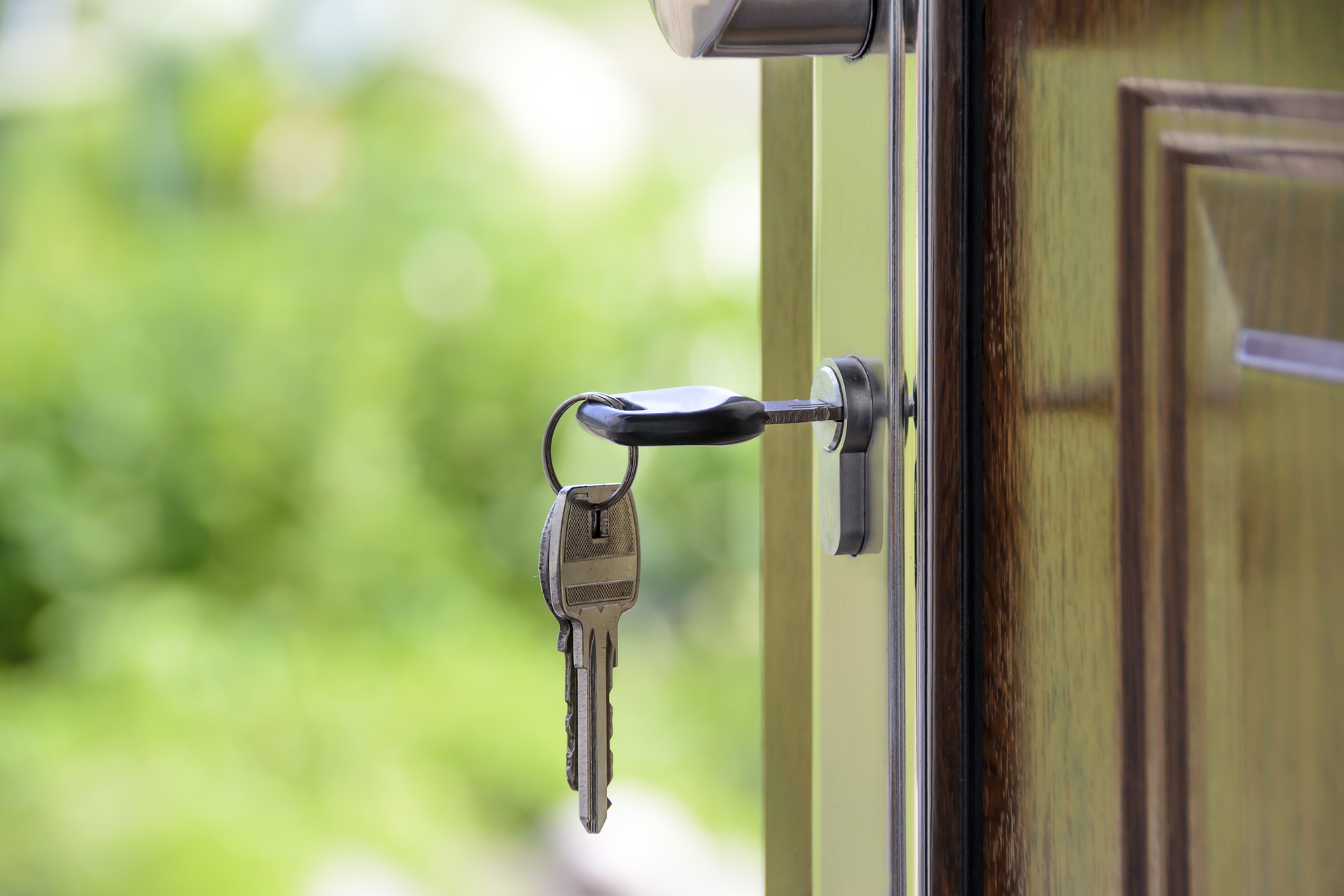By Matt Levin.
California lawmakers have pitched dozens of bold, high-profile solutions to California’s affordable housing shortage: billion dollar affordable-housing bonds, revamping the state’s signature environmental protection law, suing NIMBY-inclined cities into permitting more development.
But for all the big-picture housing legislation that has actually become law over the past few years, the solution that’s proved most immediately effective at providing new housing has been rather small in size: Accessory Dwelling Units, colloquially known as in-law units or granny flats.
Primarily as a result of new state laws that make it easier and cheaper to convert garages into living spaces or to build a backyard “casita,” these units have exploded in popularity in many California cities. Los Angeles received 25 times as many applications to build them in 2017 than it did the previous two years; Oakland, San Francisco and San Jose also have seen major jumps. The backyard units, which are typically around 500 square feet and have a bathroom and kitchen, are especially popular among older California families looking to downsize and rent out their main property. Estimates for the cost of constructing the units vary from builder to builder and city to city, but one survey found an average cost of $156,000 for builders of Accessory Dwelling Units in the Pacific Northwest.
“Now we’re finding dad has died, mom’s there by herself, and all the kids are gone, and they don’t need that big a house,” said state Sen. Bob Wieckowski, Democrat from Fremont, who co-authored legislation in 2016 and 2017 to ease the costs and regulatory hurdles to building such units. Wieckowsi is at it again this year, and predicts that the state could create up to a million new homes with the these accessory units, assuming some important regulatory tweaks.
On this episode of “Gimme Shelter: The California Housing Crisis Podcast,” CALmatters’ Matt Levin and the Los Angeles Times’ Liam Dillon discuss the promise of in-law units as a solution to the state’s housing crisis. They interview Sen. Wieckowski and builder Stan Acton of Acton ADU.





